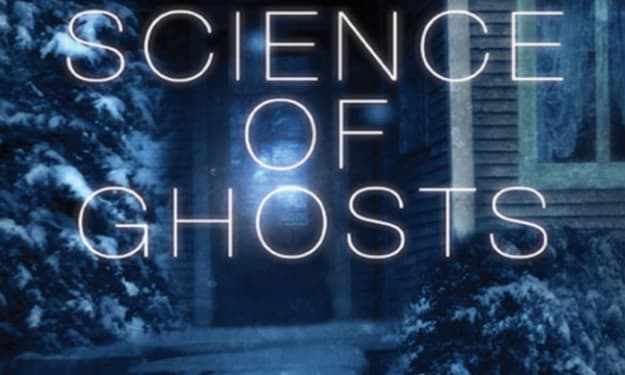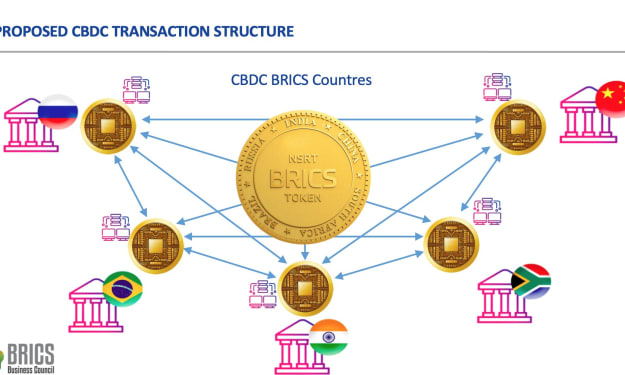The dark history of zombies
Unearthing the Origins and Evolution of the Zombie Myth: A Journey into the Dark History of the Undead

The notion of animated corpses, known as zombies, has pervaded stories across cultures and epochs, manifesting in various forms and interpretations. However, the distinct lineage of zombies can be traced back to Equatorial and Central Africa, where the roots of this macabre mythos delve deep into cultural beliefs and historical contexts.
The etymology of the word "zombie" offers an intriguing glimpse into its African origins. While its exact linguistic roots remain elusive, several candidates provide insights into its meaning. Among these, the Mitsogho people of Gabon use "ndzumbi" for corpse, while the Kikongo word "nzambi" denotes a supreme being or an ancestor with supernatural attributes. Similarly, in languages spoken in Angola and the Congo, "zumbi" signifies an object inhabited by a spirit or a being returned from the dead.
These linguistic parallels mirror corresponding cultural beliefs prevalent in African traditions. For instance, in Kongo tradition, the notion that a deceased individual's spirit can inhabit a physical object echoes beliefs in various parts of Africa. This concept lays the groundwork for understanding how the concept of zombies evolved within African societies.
The transatlantic slave trade played a pivotal role in disseminating African cultural beliefs to the Caribbean, particularly to the island of Hispaniola, which comprises modern-day Haiti and the Dominican Republic. It was in this crucible of cultural exchange that the religious practices of enslaved Africans intermingled with Catholic traditions, giving rise to the syncretic religion known as Vodou.
Within the framework of Vodou beliefs, the concept of zombies took on new dimensions. According to some interpretations, a person's soul could be captured and stored, rendering them a body-less "zombi." Alternatively, if proper funeral rites were neglected, a sorcerer known as a "bokor" could reanimate the deceased, transforming them into soulless beings enslaved to their will.
Historically, these zombies were depicted as laborers devoid of autonomy, toiling endlessly for their captors' enrichment. This portrayal served as a chilling metaphor for the horrors of enslavement, illustrating how even death offered no escape from bondage.
In Haitian culture, zombies are not viewed solely as malevolent entities but as victims deserving of empathy and compassion. The zombification process symbolized the ultimate form of subjugation, depriving individuals of their rightful afterlife and perpetuating their eternal enslavement.
The narrative of zombies underwent a significant transformation with the advent of American colonialism and imperialism in Haiti. During the US occupation of Haiti in 1915, Western perceptions of Haitian culture were steeped in racism and sensationalism, perpetuating stereotypes of voodoo practices and supernatural phenomena.
These distorted portrayals found resonance in Western pop culture, culminating in the emergence of zombie narratives in American films such as "White Zombie" (1932). Set against the backdrop of Haiti, these films depicted zombies as enslaved laborers under the control of malevolent voodoo practitioners.
However, it was George A. Romero's seminal film "Night of the Living Dead" (1968) that forever altered the trajectory of zombie mythology. In this groundbreaking film, zombies were reimagined as mindless, flesh-eating monsters, devoid of human consciousness or agency.
Subsequent iterations of zombie narratives further cemented this portrayal, with films like "The Return of the Living Dead" (1985) introducing the trope of zombies craving human brains. Moreover, the contagious nature of zombification, popularized by films like "28 Days Later" (2002), added new layers of terror to the mythos.
Despite its evolution, the zombie mythos continues to serve as a potent metaphor for societal anxieties and cultural critiques. From consumerism to existential dread, artists worldwide have utilized zombies as allegorical devices to explore pressing issues of their time.
However, it is essential to acknowledge the erasure of zombies' African origins within American pop culture, which initially appropriated and distorted their significance. By reclaiming and reframing the narrative, we can honor the rich cultural heritage from which the zombie mythos emerged while recognizing its enduring relevance in contemporary discourse.
About the Creator
ava
The future belongs to those who prepare for it today
Enjoyed the story? Support the Creator.
Subscribe for free to receive all their stories in your feed. You could also pledge your support or give them a one-off tip, letting them know you appreciate their work.






Comments (1)
Very interesting! I had no idea about the historical origins of the myth.